Bis-(sodium sulfopropyl)-disulfide(SPS) CAS: 27206-35-5
| Catalog Number | XD93967 |
| Product Name | Bis-(sodium sulfopropyl)-disulfide(SPS) |
| CAS | 27206-35-5 |
| Molecular Formula | C6H15NaO6S4 |
| Molecular Weight | 334.41 |
| Storage Details | Ambient |
Product Specification
| Appearance | White powder |
| Assay | 99% min |
Bis-(sodium sulfopropyl)-disulfide (SPS) is a chemical compound that finds various applications in industries such as textiles, coatings, and water treatment.One of the primary uses of SPS is as a reducing and dispersing agent in the textile industry. It helps remove excess dye and impurities from the fabric during the dyeing process, resulting in improved color fastness and uniform dye uptake. Additionally, SPS acts as a dispersant, preventing the agglomeration of dye particles and ensuring even distribution on the fabric. This aids in achieving vibrant and consistent dyeing results.In the coatings industry, SPS functions as a wetting and dispersing agent. It enhances the compatibility between pigments and the coating medium, allowing for better dispersion and smoother application. SPS also helps to reduce viscosity, improve flow and leveling, and prevent pigment settling in the coating formulation. These properties contribute to the production of high-quality coatings with improved color development, stability, and overall performance.Another essential application of SPS is in water treatment processes. It is used as a corrosion inhibitor and metal deactivator in cooling systems and industrial water systems. SPS helps to control the formation of scale, corrosion, and microbiological fouling. By inhibiting the precipitation of metal ions and preventing microbial growth, SPS contributes to the overall efficiency and longevity of the water treatment system.SPS is also utilized as a stabilizer and antioxidant in polymer materials. It helps prevent oxidation and degradation, thereby extending the shelf life and maintaining the physical properties of the polymer. It is particularly beneficial in the production of rubber and plastics, where stability and durability are crucial factors.It is important to follow appropriate safety protocols when handling SPS, as it is a chemical compound. Safety data sheets and regulatory guidelines should be consulted for proper handling, storage, and disposal practices.In summary, Bis-(sodium sulfopropyl)-disulfide (SPS) finds applications as a reducing and dispersing agent in the textile industry, a wetting and dispersing agent in coatings, a corrosion inhibitor in water treatment, and a stabilizer in polymer materials. Its properties contribute to improved color fastness, dispersion, corrosion control, and stability. However, proper safety precautions should be taken when working with SPS to ensure safe and effective use.




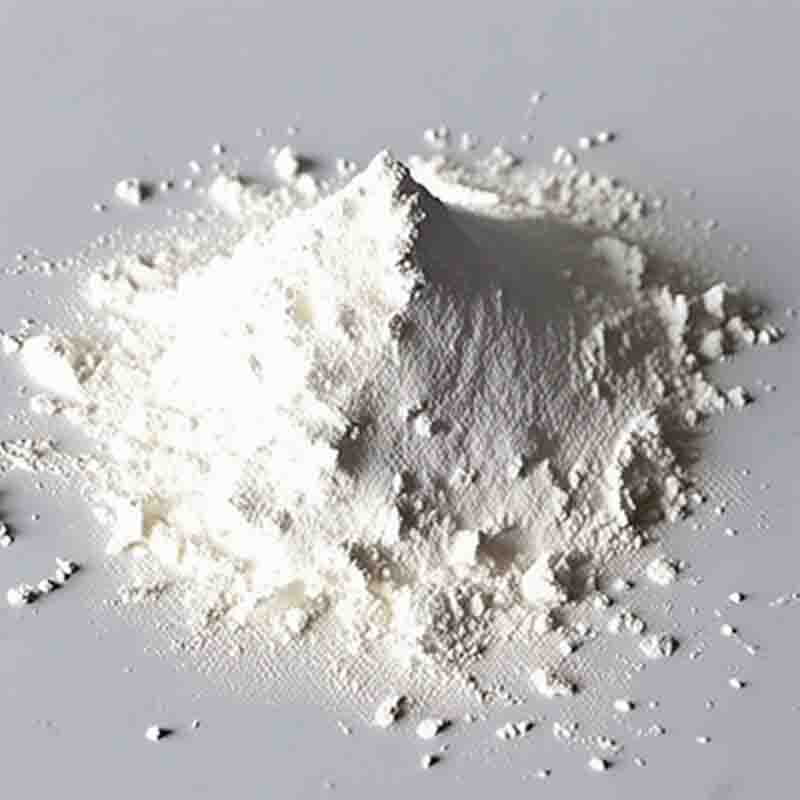
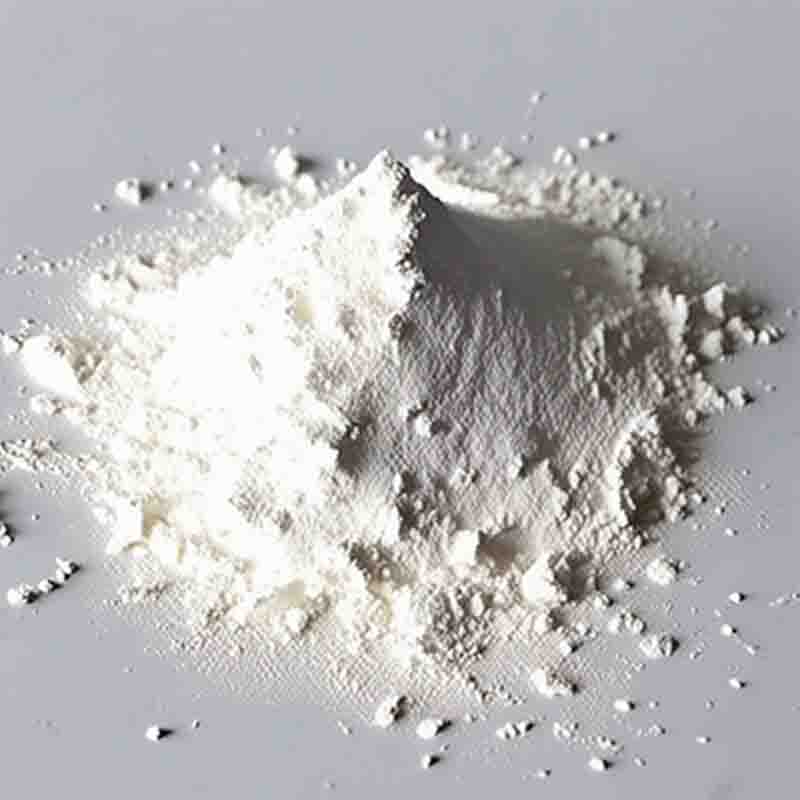
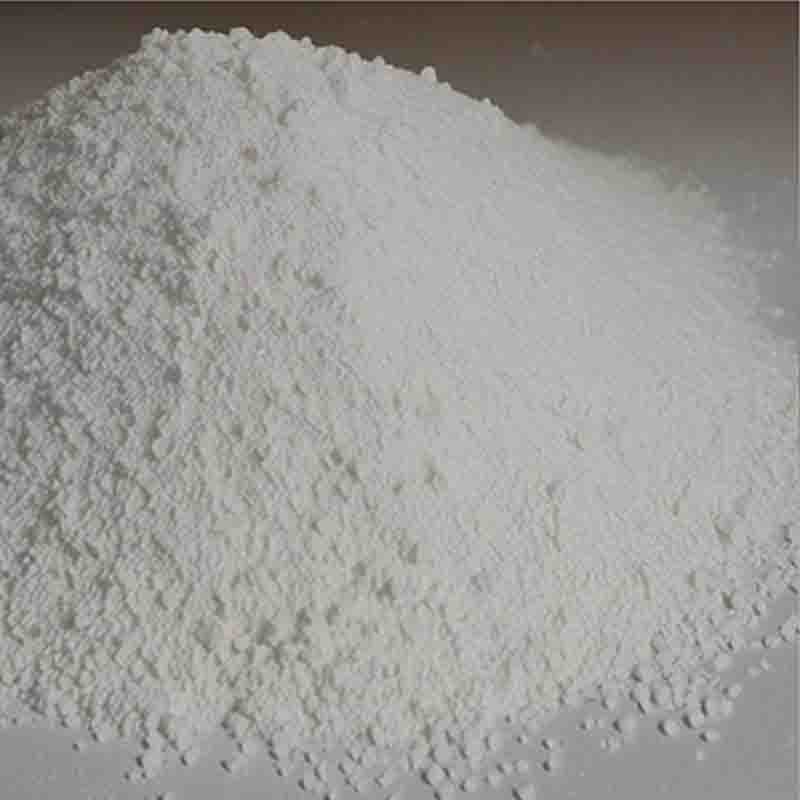
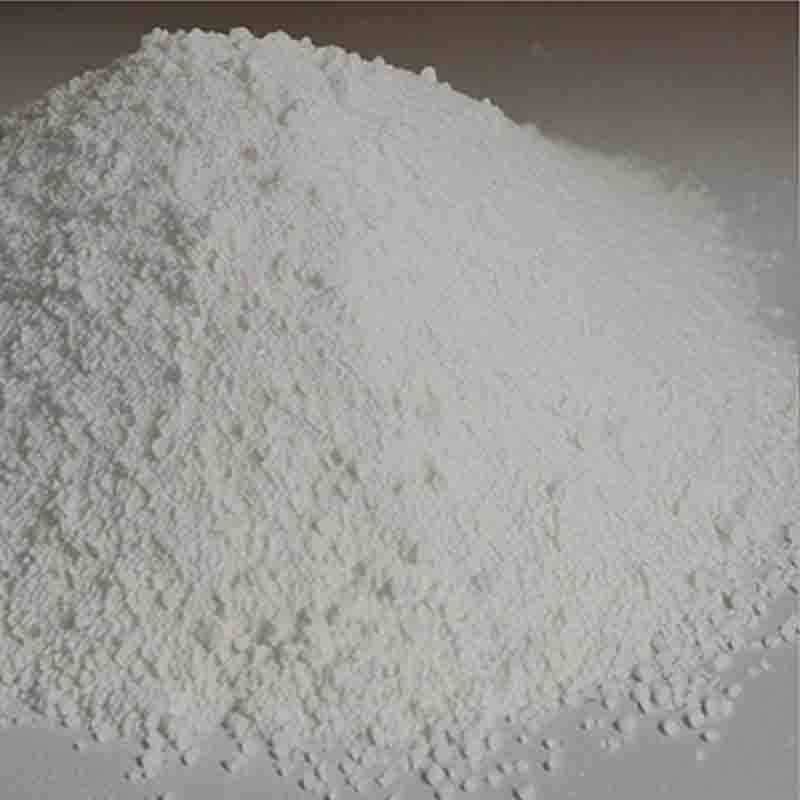
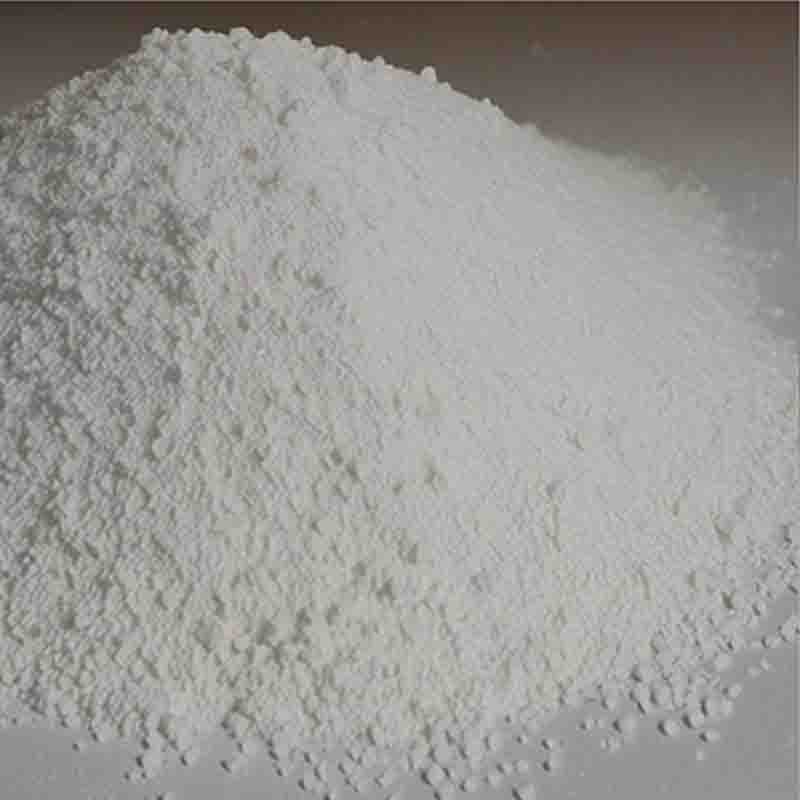
![(alphaR)-alpha-[[[2-(4-Aminophenyl)ethyl]amino]methyl]benzenemethanol hydrochloride CAS: 521284-22-0](https://cdn.globalso.com/xdbiochems/白色粉末1435.jpg)